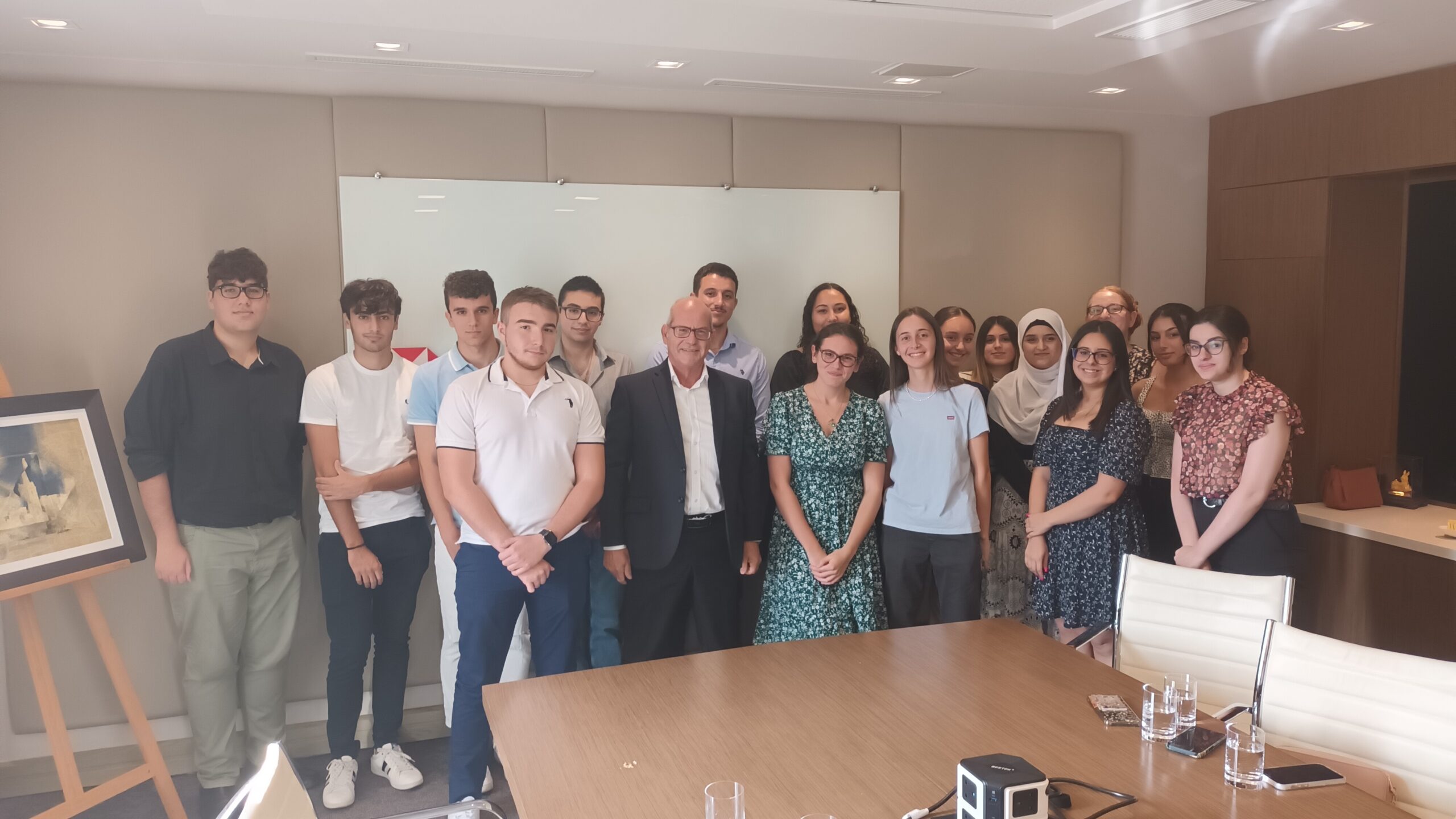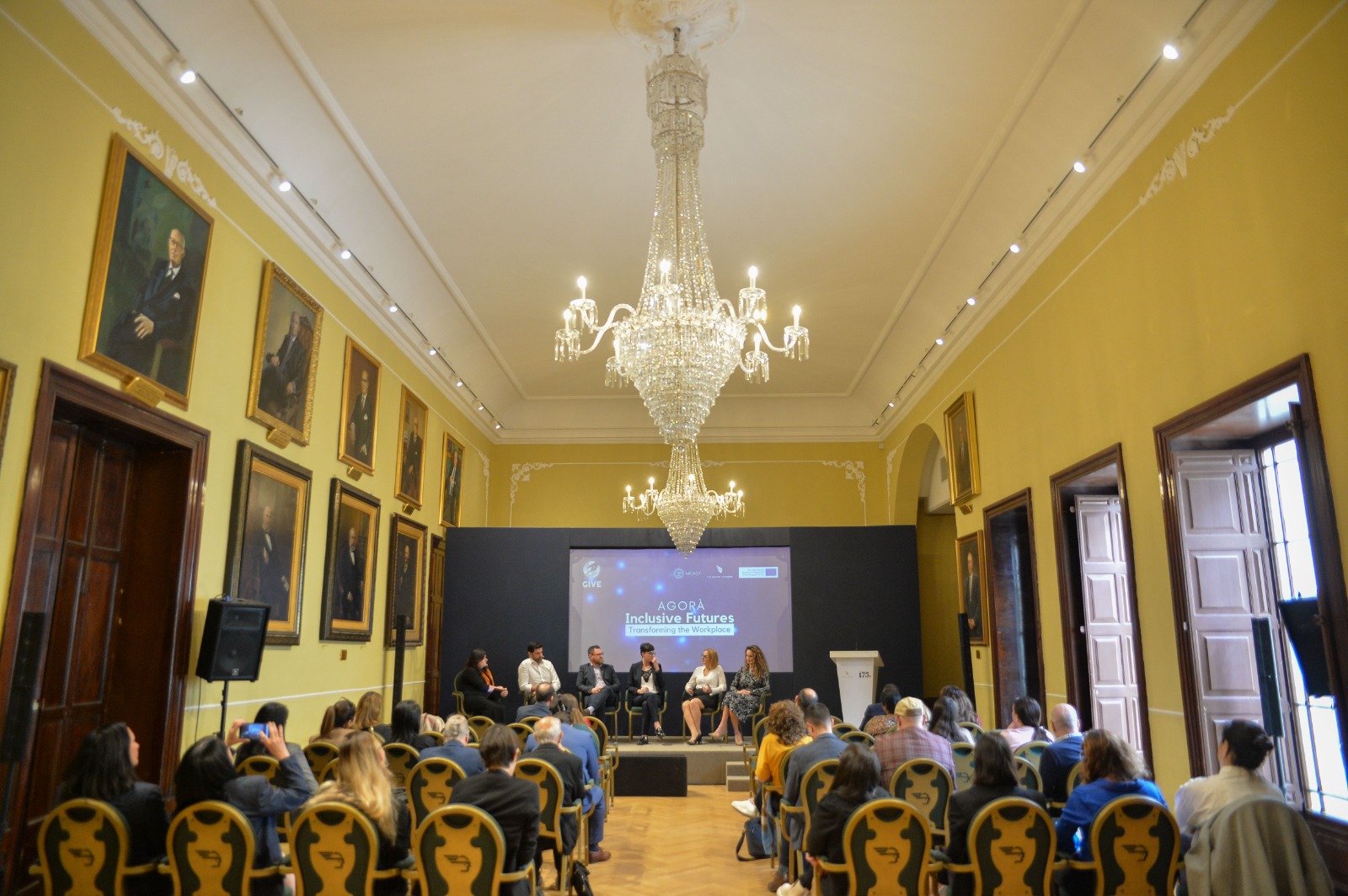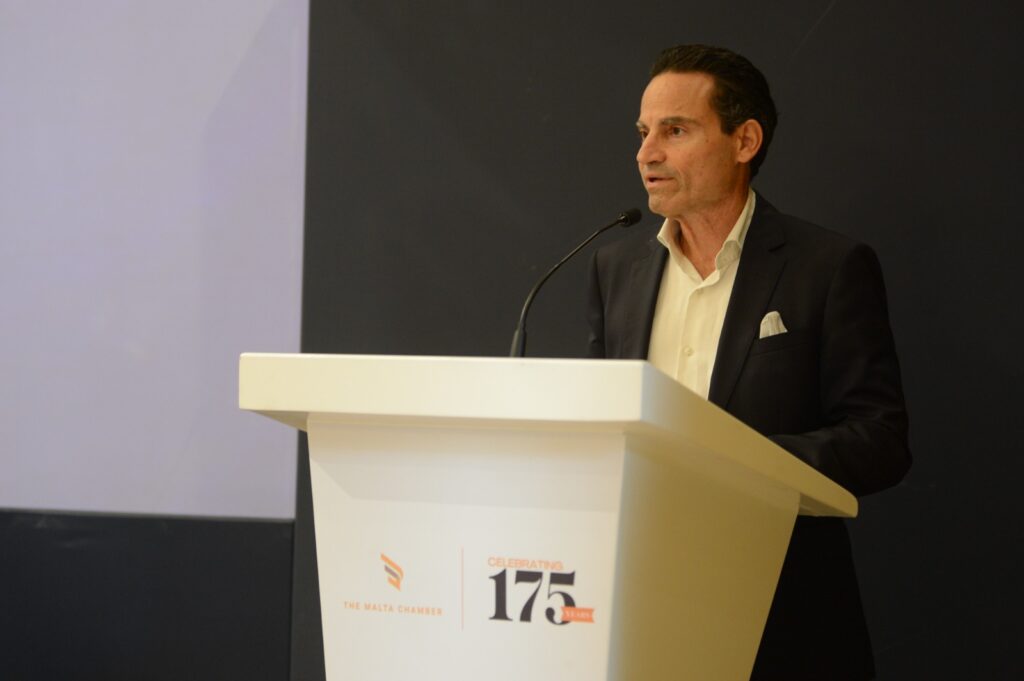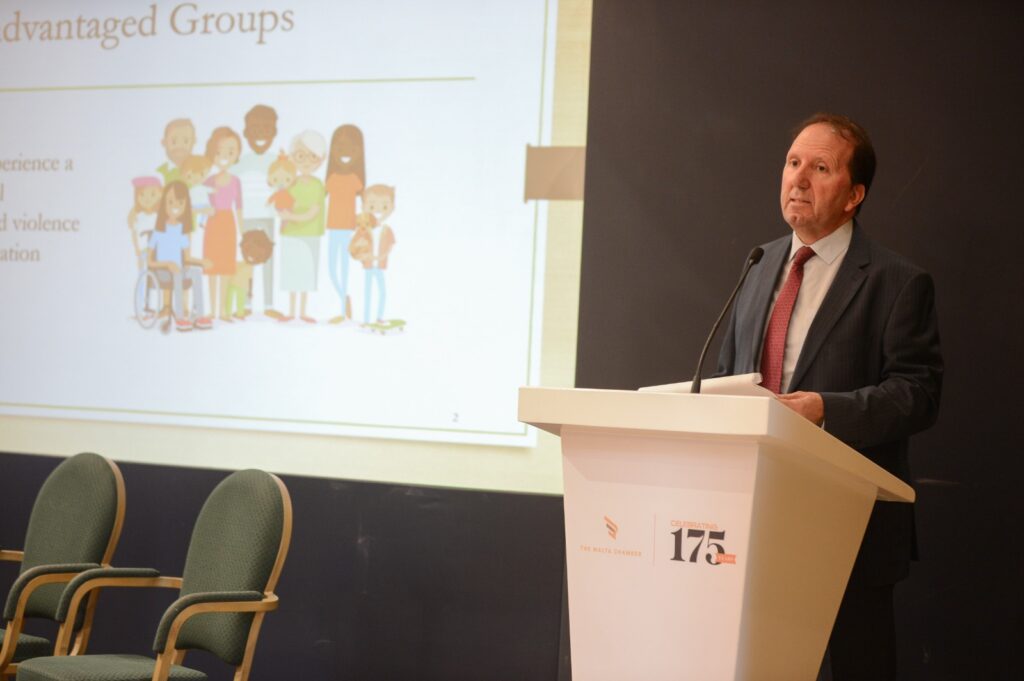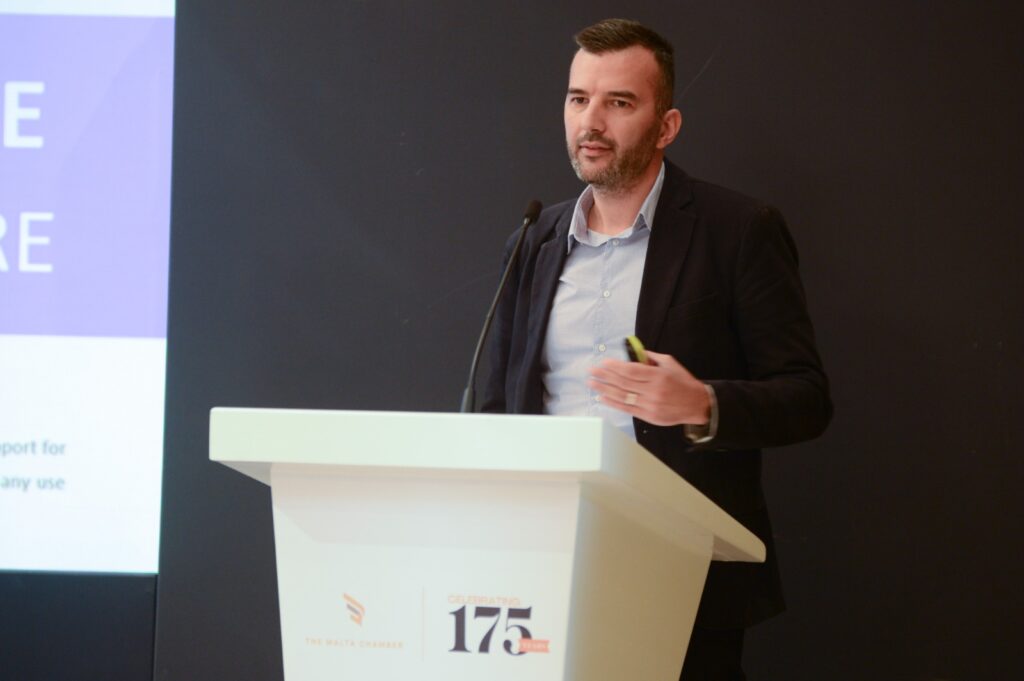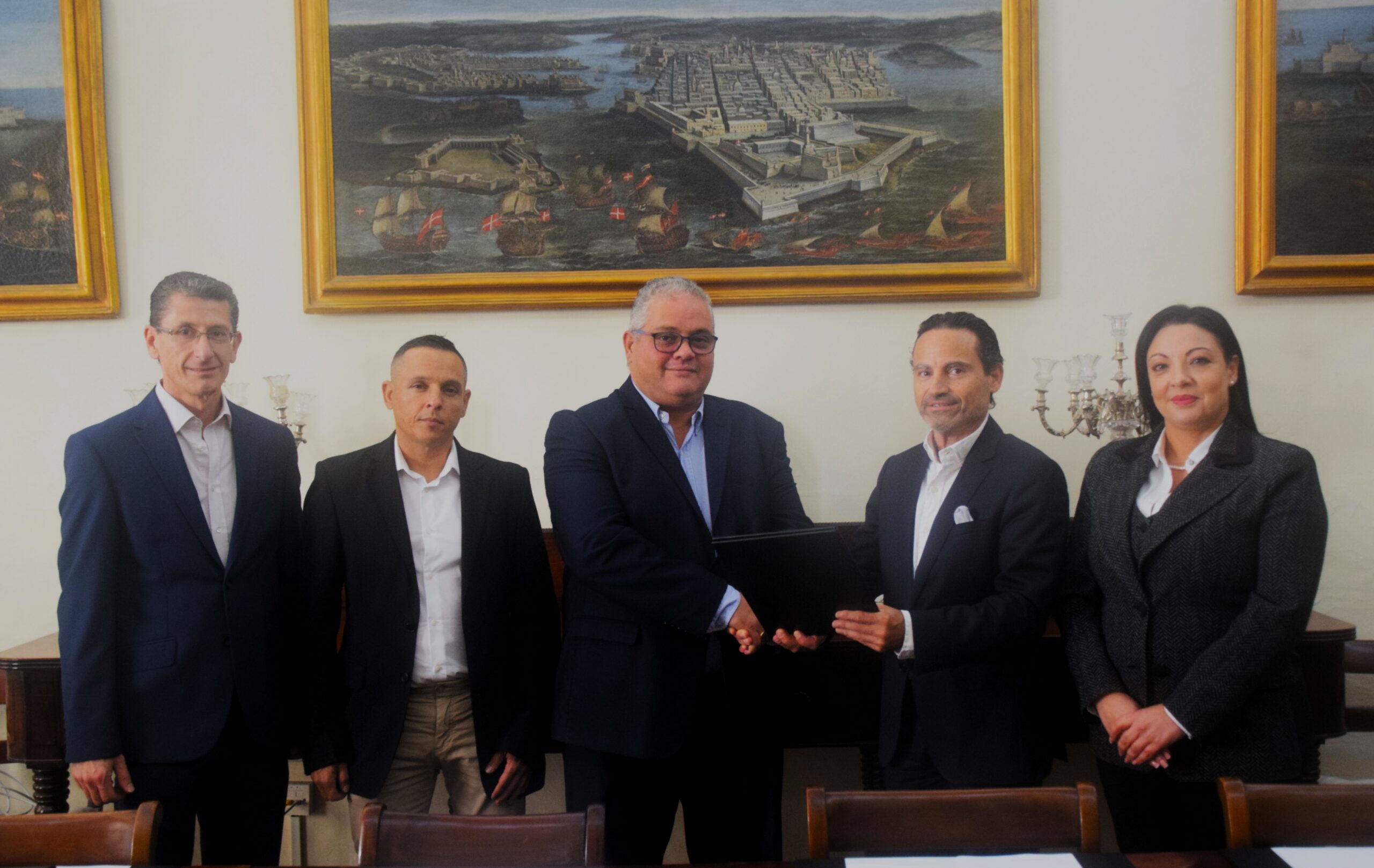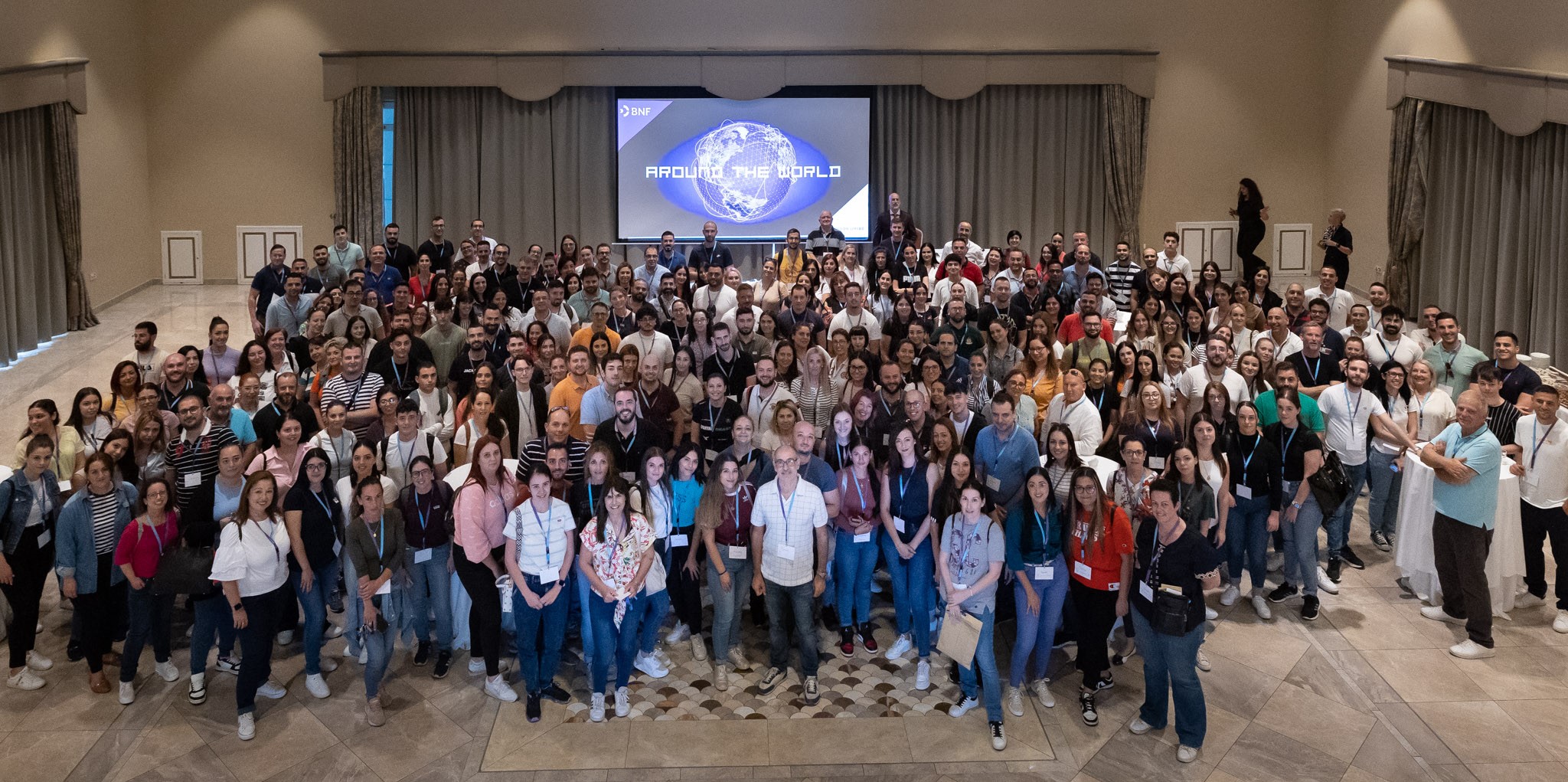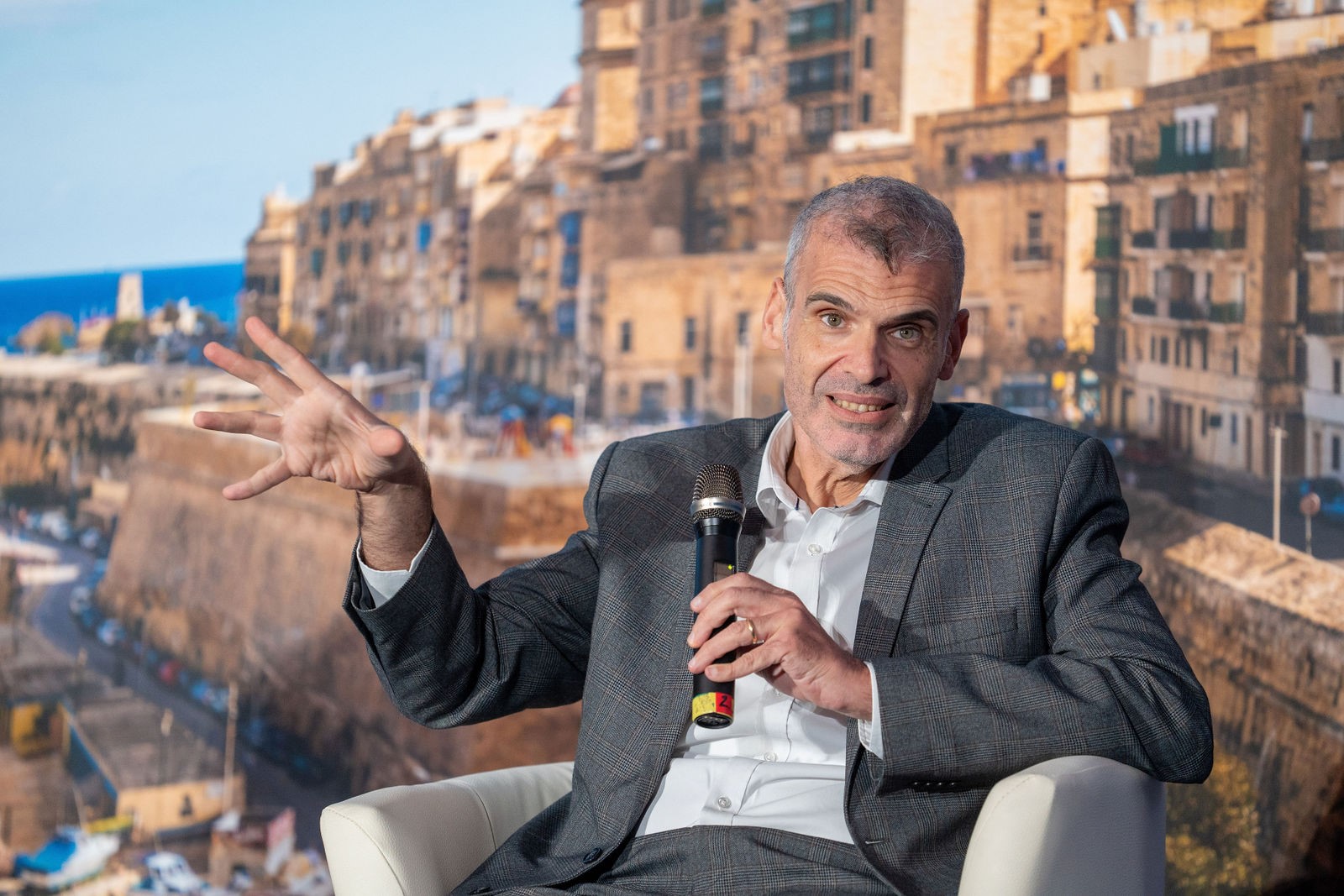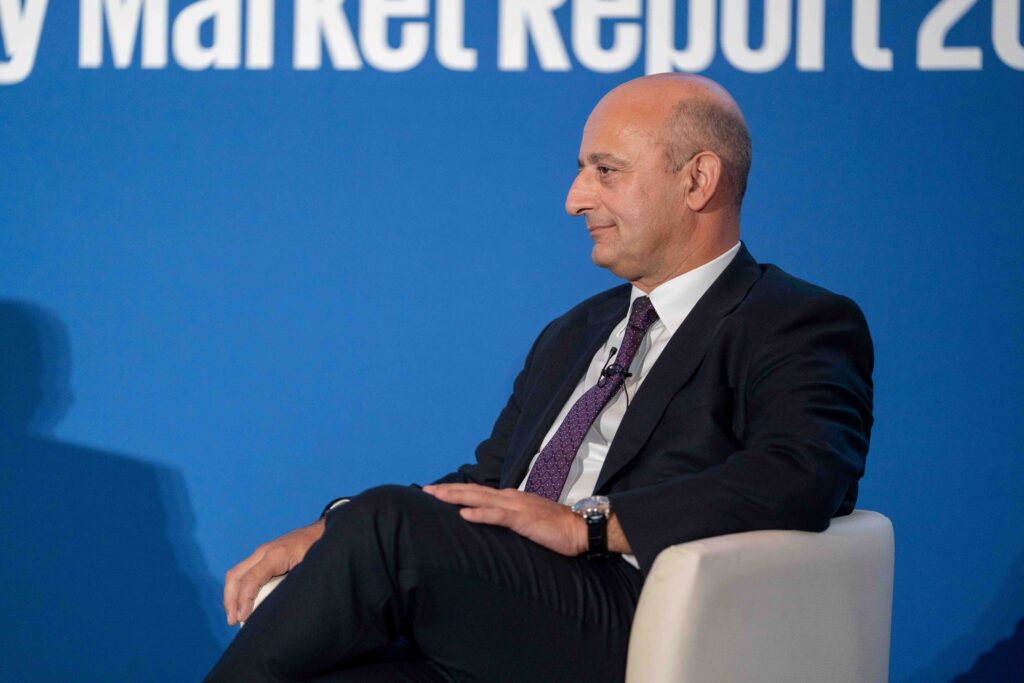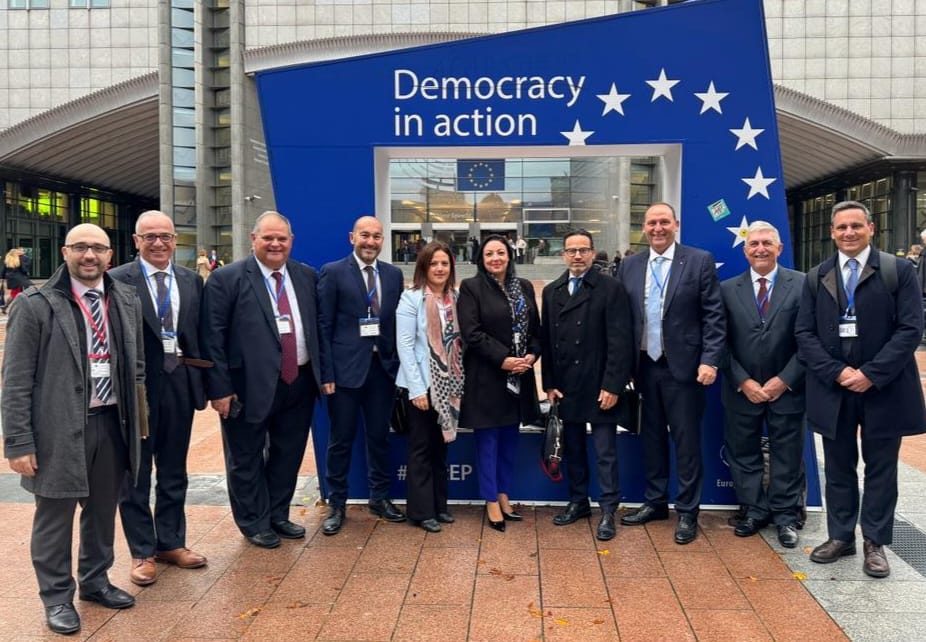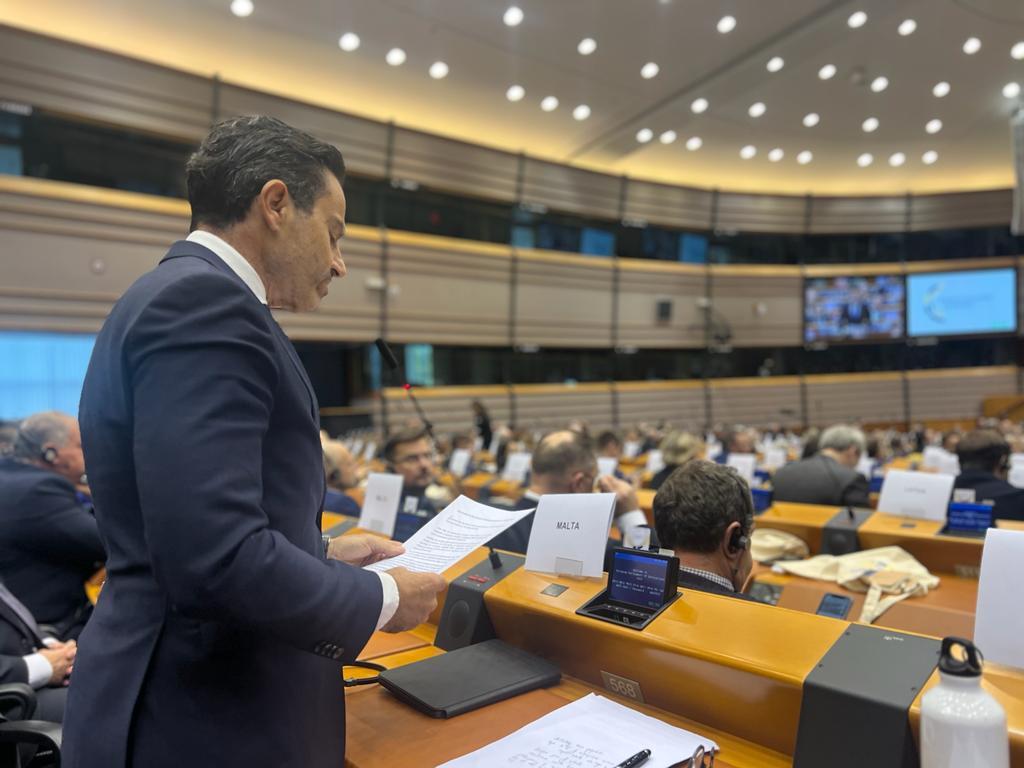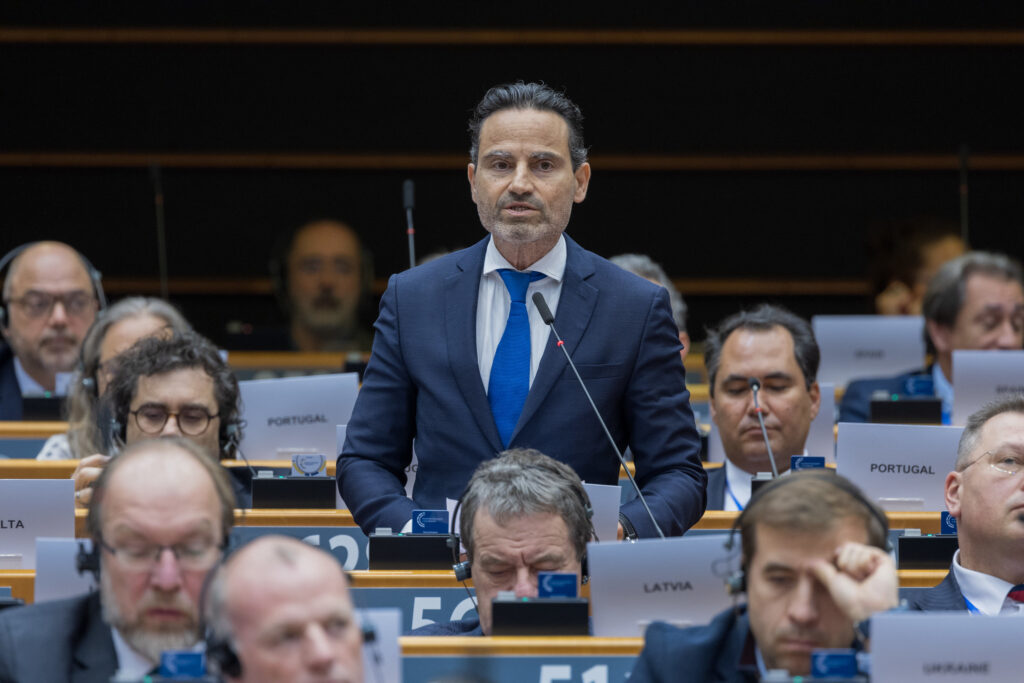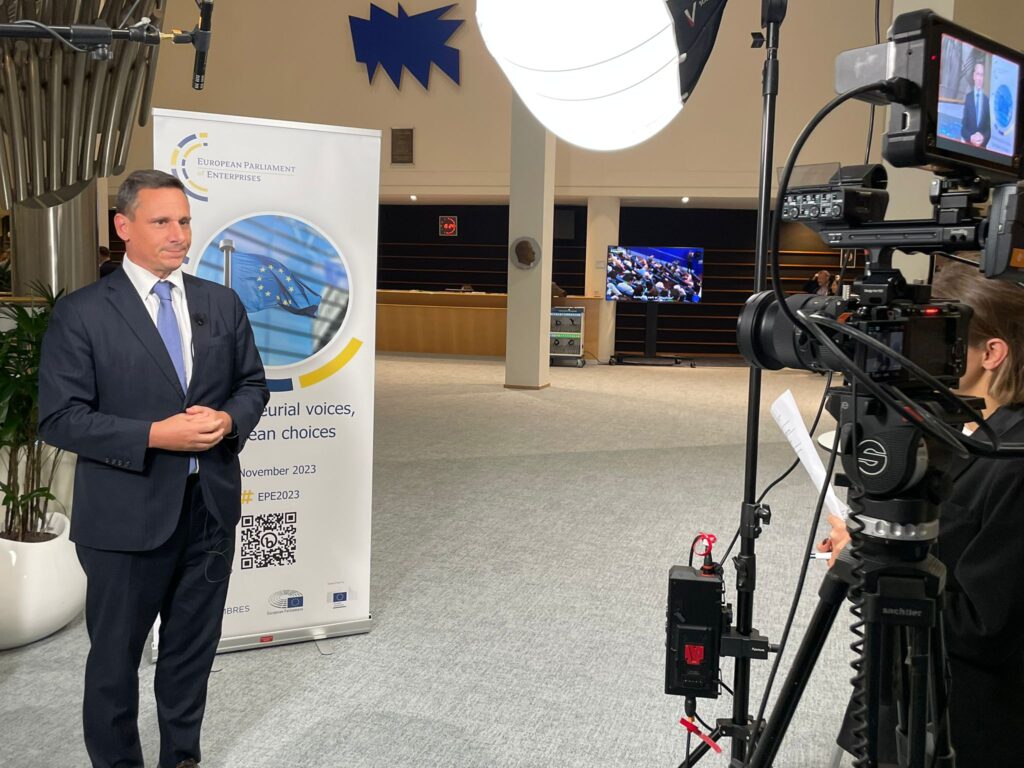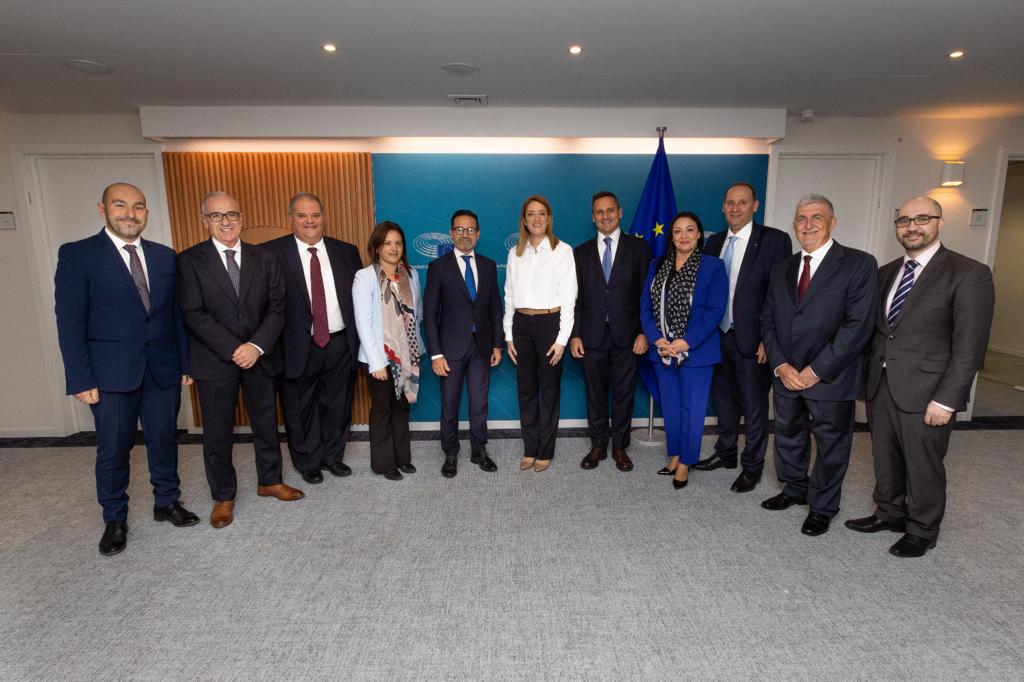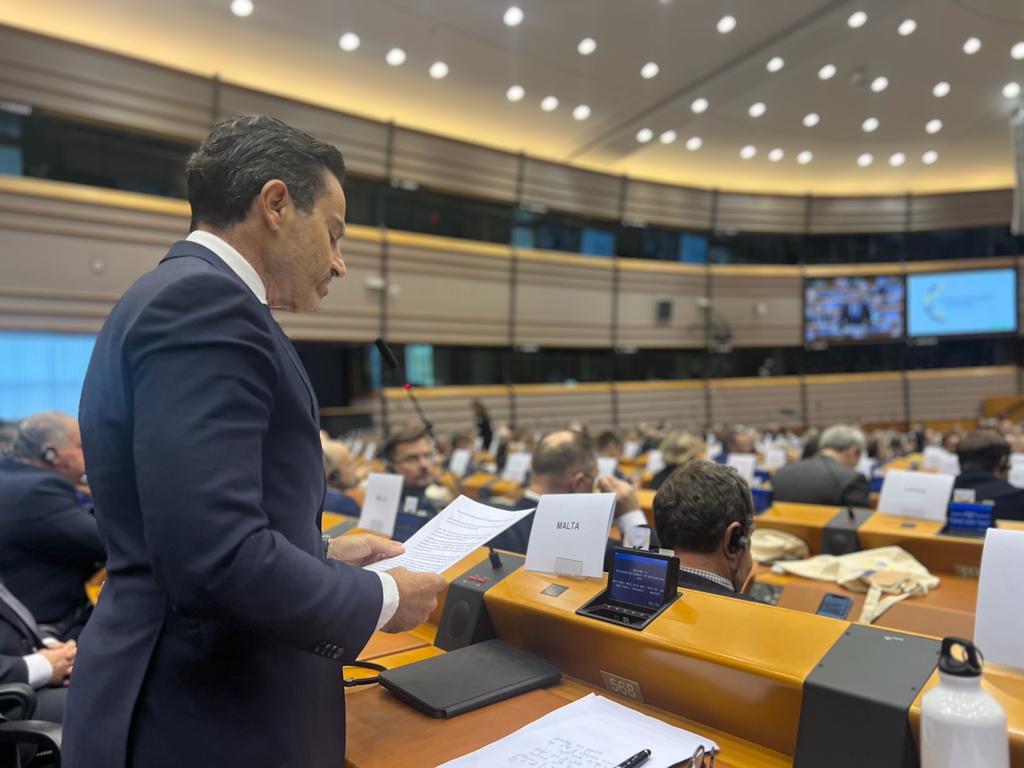HSBC Malta Foundation is proud to announce the participation of a record 30 interns in its comprehensive summer internship and two-year internship programmes. A partnership initiative with the Malta College of Arts, Science and Technology (MCAST), the University of Malta, the JAYE (Young Enterprise) Malta Foundation, and HSBC Insurance Malta, these programmes bolster the Foundation’s ongoing commitment to fostering young talent, preparing them for the rigours of the financial services sector.
This year’s intake includes many students who recently took part in the Junior Achievers International programme. Several other interns are currently in their first or second year of study at MCAST while others are reading for a degree at the University of Malta.
HSBC Malta prides itself on the success stories of its interns. Historical trends show that a significant number of interns transition into full-time roles after their time at HSBC.
During their time at the bank, these aspiring young professionals are given the opportunity to work within the bank’s global functions or business lines, benefiting from the expertise of senior management and executives. Their journey provides them with insights into the bank’s operations, understanding its customer-centric approach, and overarching strategy.
The students expressed their appreciation for the flexibility offered by the bank, including remote working options in line with modern work dynamics. The opportunity to rotate across different areas and get a taste of various aspects of the bank was also a highlight for many. The positive company culture hasn’t gone unnoticed, with many students saying they enjoyed the working environment and their colleagues. The interns were particularly grateful for the wealth of opportunities handed to them while emphasising just how much they learned over a relatively short period of time.
Geoffrey Fichte, CEO at HSBC Malta commenting on the programme, said, “Our internship initiatives echo HSBC’s deep-rooted commitment to shaping future entrepreneurs and successful career stories. Such internships are not just about gaining practical experience; they are about bridging the existing knowledge gap between academic learning and real-world industry needs. Involving youngsters in a corporate setting at an early stage on nurtures an entrepreneurial spirit, which is vital for Malta’s economy, especially when addressing the skills gap that many employers face today.”
